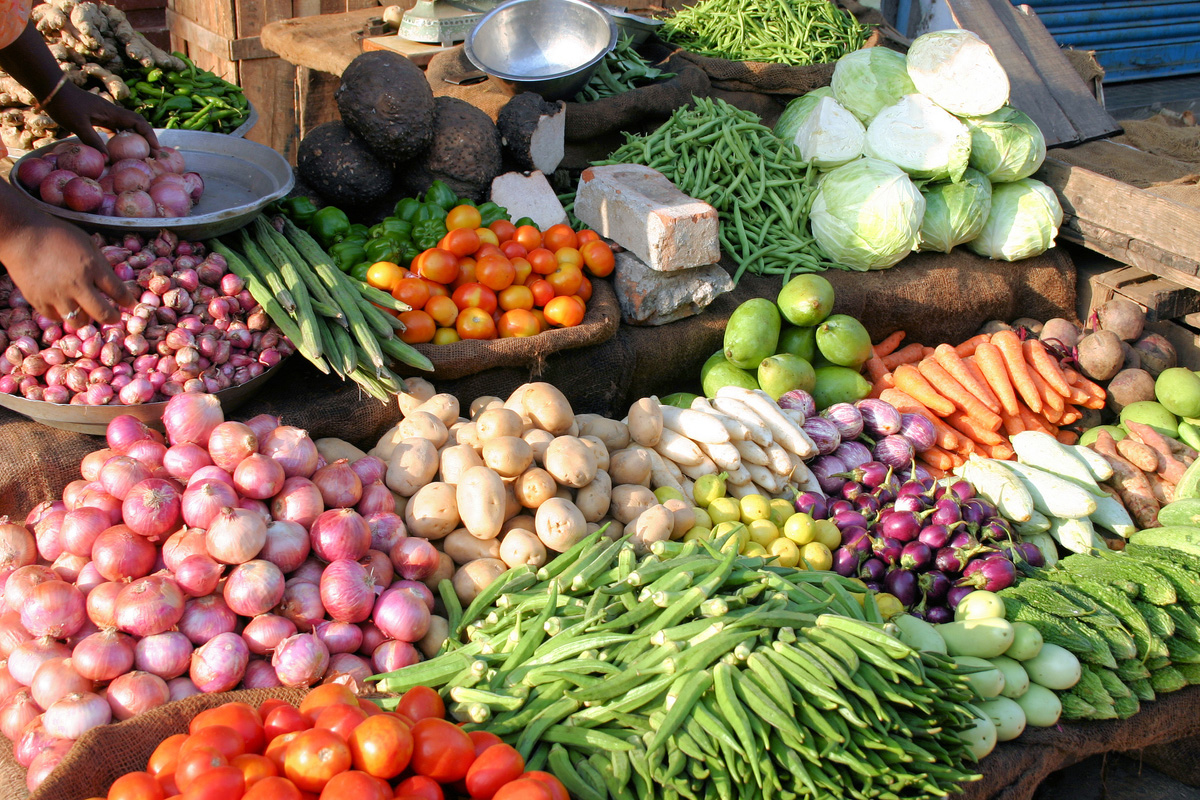Toxic Air
Air pollution in ten Indian cities assumed alarming proportions and was linked to deaths of 33,000 people every year between 2008 and 2019, a study published on 6 July 2024 in the Lancet Planetary Health Journal points out.
There are two main kinds of vitamin K, known as vitamin K-1 and K-2. K-1 comes from plants, while K-2 exists is smaller amounts in animal-based foods and fermented foods, such as cheese. Soybean and soybean oil contain the K-2 form.

(Representational Image: iStock)
A balanced diet rich in vitamins and minerals is essential for the proper functioning of our body.
Due to the ongoing pandemic, we are well aware of how vitamins and minerals are crucial for our health. From Vitamin C for immunity to Vitamin A for eyesight and Vitamin D for immunity and strong bones, a diet rich in all such vitamins is essential for our well-being. Vitamin K is another important vitamin that fosters blood clotting and plays a vital role in bone health. A fat-soluble vitamin, Vitamin K is a group of compounds of which vitamin K1 and vitamin K2 appears to be the most important one, as per Consultant Nutritionist Rupali Datta.
Vitamin K mainly promotes bone health and wound healing besides protecting the heart. Vitamin K2 has also been found to improve insulin sensitivity. Therefore, people who absorb the most vitamin K2 from their foods are about 20% less likely to develop Type 2 Diabetes. Rupali adds that while Vitamin K2 (or menaquinone) is largely produced by the intestinal flora, Vitamin K1 (or phylloquinone) can be obtained naturally from plants, especially green leafy vegetables.
Advertisement
So, here we have 7 superfoods you can have along with ways to add them, to get more Vitamin K in your diet.
Spinach
Low in cholesterol, rich in dietary fiber, vitamins A, C, K, and iron, spinach is good for bone health besides proper functioning of red blood cells in the body. A half-cup of cooked spinach contains about three times as much vitamin K as a cup of raw spinach. Moreover, spinach is filled with all sorts of nutritional goodness, including vitamins B and E, plus magnesium, folate, and iron.
Kale
Kale can easily be referred to as the vitamin K king. It’s known as one of the superfoods because it’s also rich in calcium, potassium, and folate, among other vitamins and minerals. It is a very diabetes-friendly and weight-friendly vegetable.
Asparagus
Four spears of asparagus have about 40 mcg of vitamin K. If you add a little olive oil while cooking, you will get up to about half of the adequate daily intake. Also, it is high in folic acid and a good source of potassium, fiber, thiamine, and vitamins A, B6, and C.
Broccoli
One of the most nutritious vegetables, broccoli is juicy, fresh, firm and, needs to be cooked right to reap all the benefits and a spectacular taste. Half a cup of cooked broccoli contains 85 micrograms (mcg) of vitamin K. There are many ways to prepare broccoli. However, try cooking it with canola oil or olive oil. This will add more flavor to the dish and boost the vitamin K content as well.
Soybean
There are two main kinds of vitamin K, known as vitamin K-1 and K-2. K-1 comes from plants, while K-2 exists in smaller amounts in animal-based foods and fermented foods, such as cheese. Soybean and soybean oil contain the K-2 form.
Brussels sprouts
Consuming Brussels sprouts provides a significant amount of vitamin K-1. A low vitamin K intake is linked to a higher risk of bone fracture. Adequate vitamin K is necessary for healthful bone formation and mineralization. Brussels sprouts are also a great source of calcium.
Lettuce
There is 3.62 mcg of Vitamin K in 1 leaf of iceberg lettuce. Furthermore, it also contains substances called phytonutrients, which have antioxidant properties. These substances can help protect the body from a range of diseases and conditions.
These Vitamin K-rich foods can be included in more than one way in the diet.
Advertisement